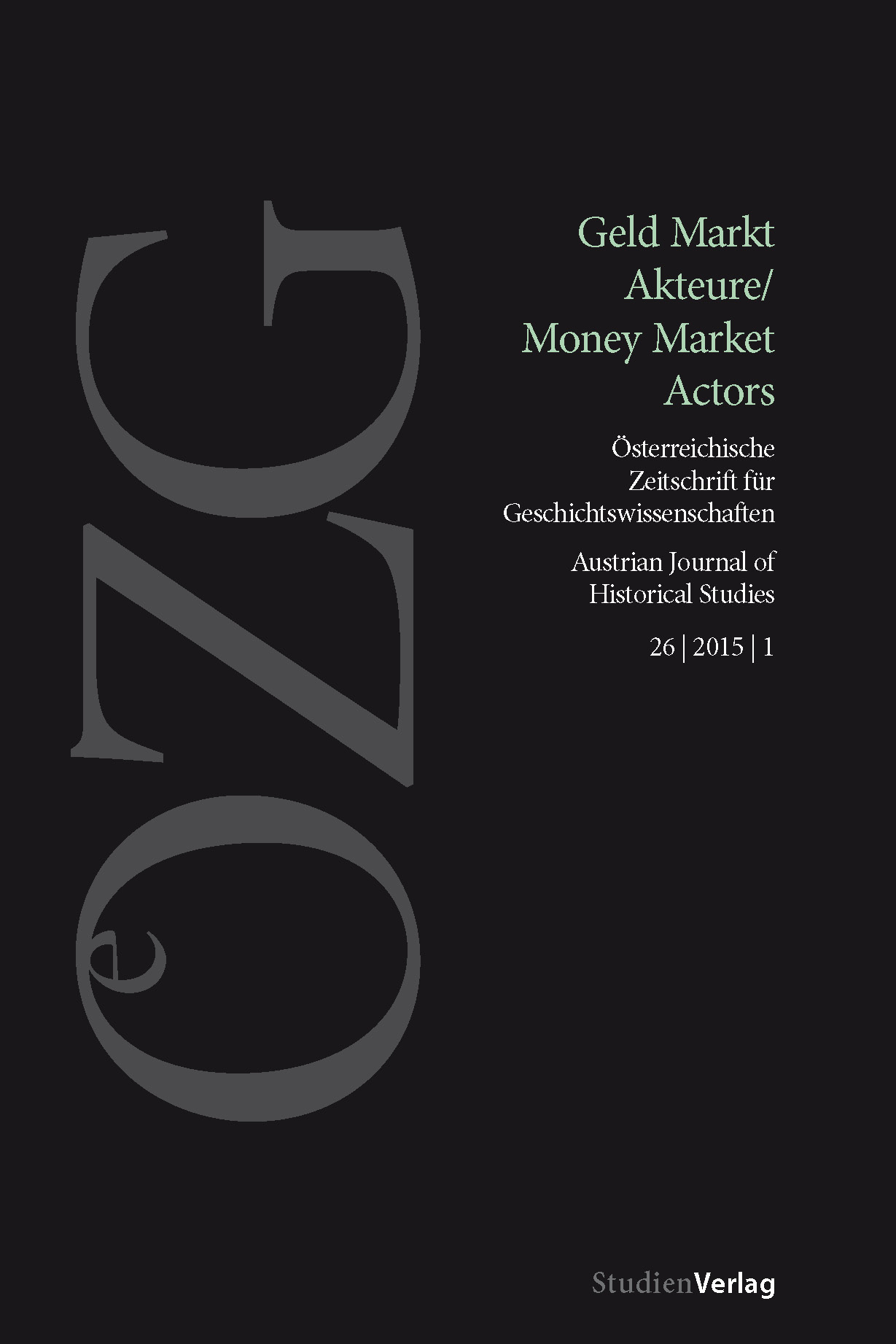Regulators’ Irrational Rationality and Bankers’ Rational Irrationality
Too Big to Fail, Self-Regulation, Moral Hazard and the Global Financial Crisis 2007–2009
DOI:
https://doi.org/10.25365/oezg-2015-26-1-2Schlagworte:
Too-big-to-fail, Policy Failure, Financial Crisis, Economic Theory of Regulation, DeregulationAbstract
Banks and other financial institutions which were „too-big- to-fail“ (TBTF) played a central role in the Global Financial Crisis of 2007– 2009. The article lays out how misguided policies enabled banks to grow both in size as well as in complexity and therefore acquire TBTF status, particularly in the 10-year period preceding the crisis. The article then proceeds by detailing how an ill-designed policy framework, relying on supposed market approaches to regulation – including self-regulation and credit rating agencies – enabled TBTF financial institutions to game the system. They were thereby able to exploit the negative externalities which the flawed policy framework – in connection with TBTF status – had granted to large, systemically important financial institutions. The article therefore identifies defective government policies as the chief cause of the financial crisis of 2007–2009, revealing an urgent need for financial sector reform.


